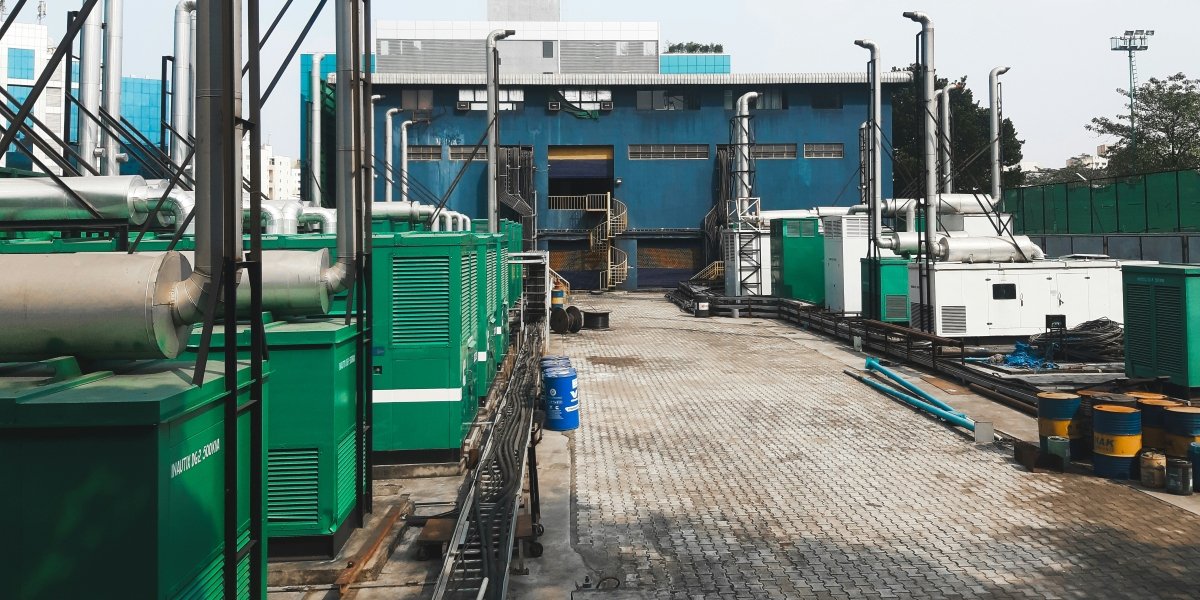AI entrepreneurs across the U.S. are embracing grind culture with a level of intensity that’s redefining what it means to build a tech startup. Long hours, constant iteration, and relentless pursuit of growth have become the norm for a generation of founders who see artificial intelligence not just as a tool, but as a mission. This mindset is fueling innovation, attracting investment, and reshaping how leadership and success are measured in the tech world.
Grind culture isn’t new, but among AI entrepreneurs, it’s taking on sharper edges. The pressure to move fast, scale quickly, and stay ahead of competitors is amplified by the pace of AI development itself. Founders are working through weekends, sleeping in offices, and coding late into the night, all in pursuit of breakthroughs that could define the next decade of technology.
Why AI Entrepreneurs Embrace the Grind
For many AI entrepreneurs, grind culture is a response to the speed of change. AI tools evolve rapidly, and staying competitive means constant learning and adaptation. Founders are not only building products, they’re training models, refining algorithms, and responding to shifting regulations. The work is technical, demanding, and often unpredictable.
One startup in Austin developed an AI-powered logistics platform for small retailers. The founder spent six months working 18-hour days, balancing product development with investor meetings and customer onboarding. The company eventually secured a major partnership, but the path was marked by exhaustion and personal sacrifice.
This kind of intensity is common among AI entrepreneurs. They see grind culture as a necessary part of proving their ideas, attracting funding, and building credibility in a crowded market. The belief is that if they don’t push hard, someone else will, and that urgency drives their daily decisions.
Concrete Examples of Grind Culture in Action
In San Francisco, a team of AI entrepreneurs launched a platform that uses machine learning to optimize energy consumption in commercial buildings. The founders lived in their office for three months, working around the clock to meet a pilot deadline. They cooked meals on hot plates, held investor calls from sleeping bags, and tracked performance metrics in real time.
Another example comes from a solo founder in Chicago who built an AI tool for legal document review. She coded the entire backend herself, handled marketing, and responded to customer support inquiries, all while holding a part-time consulting job to fund the project. Her grind paid off when a regional law firm adopted the tool, but the process left her physically and mentally drained.
These stories reflect a broader pattern. AI entrepreneurs are pushing themselves to extremes, often without the safety nets or support systems that larger companies provide. They’re driven by passion, but also by the fear of falling behind in a field that moves faster than most.
The Role of Efficiency and Competitive Pressure
Grind culture among AI entrepreneurs is also shaped by the tools they build. As highlighted in how small businesses embrace AI for efficiency, AI is often used to streamline operations and reduce manual labor. Founders apply the same logic to their own work, automating tasks, optimizing workflows, and cutting out anything that slows them down.
This mindset creates a feedback loop. The more efficient they become, the more they expect from themselves and their teams. Productivity becomes a metric of worth, and rest is often seen as a luxury rather than a necessity. In some cases, this leads to burnout, but many entrepreneurs accept that risk as part of the journey.
Competitive pressure adds another layer. AI startups often race to secure patents, publish research, or launch features before rivals do. The grind becomes a way to stay relevant, attract media attention, and prove technical superiority. Founders know that investors and customers are watching, and that visibility depends on momentum.
Burnout, Mental Health, and the Cost of Hustle
While grind culture drives innovation, it also comes with real costs. AI entrepreneurs report high levels of stress, sleep deprivation, and isolation. The pressure to perform can lead to anxiety, strained relationships, and long-term health issues.

One founder in New York built an AI platform for personalized nutrition. After months of nonstop work, she experienced severe burnout and had to step away from the company for several weeks. During that time, her team struggled to maintain progress, and investor confidence wavered. The experience forced her to rethink how she approached leadership and sustainability.
Mental health is becoming a more visible issue in AI entrepreneurship. Some founders are speaking openly about their struggles, advocating for better support systems, and exploring alternative models of work. Flexible schedules, remote teams, and mental health resources are slowly gaining traction, but grind culture remains dominant.
AI Entrepreneurs and the Future of Work
As AI continues to reshape industries, the entrepreneurs behind these tools are also redefining work itself. They’re building companies that challenge traditional hierarchies, embrace automation, and prioritize speed over structure. But they’re also confronting questions about balance, ethics, and long-term impact.
As explored in AI replacing jobs or creating new opportunities, the technology built by these entrepreneurs is changing how labor is distributed. Some roles are being automated, while others are being created. Founders are at the center of this shift, deciding how AI is applied and who benefits from it.
Their grind reflects a broader tension, between innovation and sustainability, ambition and well-being. AI entrepreneurs are shaping the future, but they’re also living through the challenges of building it. The choices they make now will influence not just their companies, but the culture of tech for years to come.
Redefining Success Beyond the Grind
Grind culture may define the current wave of AI entrepreneurship, but it doesn’t have to be the only path. Some founders are exploring new models of success, ones that prioritize impact, collaboration, and personal health. They’re building companies that grow steadily, treat employees well, and focus on solving meaningful problems.
One startup in Denver developed an AI tool for mental health support. The founders implemented a four-day workweek, offered flexible hours, and built a culture of transparency. The company attracted top talent and secured funding without sacrificing well-being. Their story shows that grind culture isn’t the only way to succeed, it’s just the most visible.
As more AI entrepreneurs share their experiences, the narrative may shift. Success can be measured in more than hours worked or features launched. It can reflect values, relationships, and the ability to build something that lasts.







